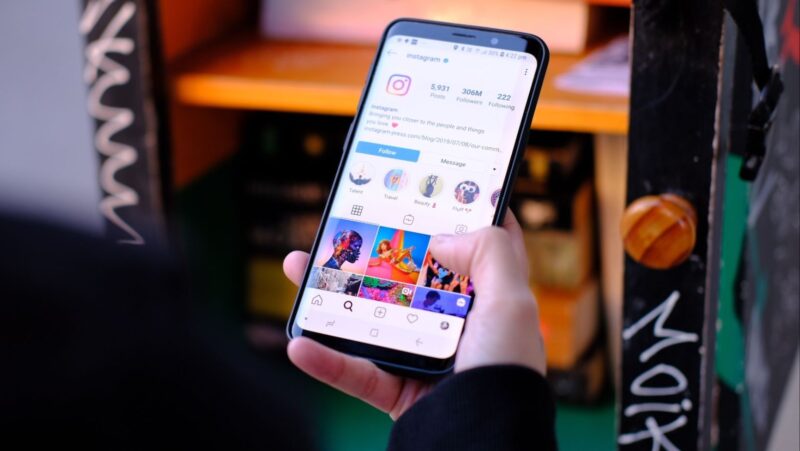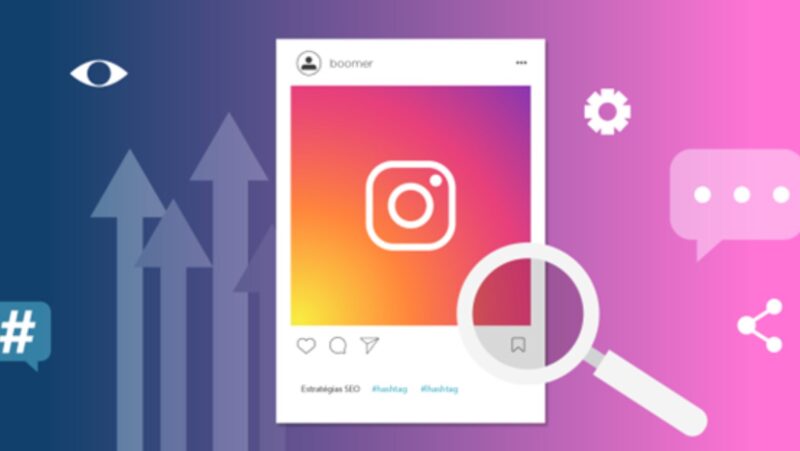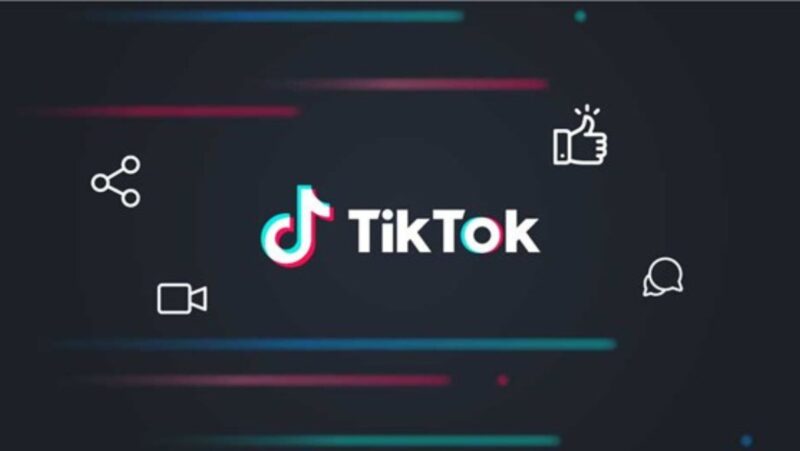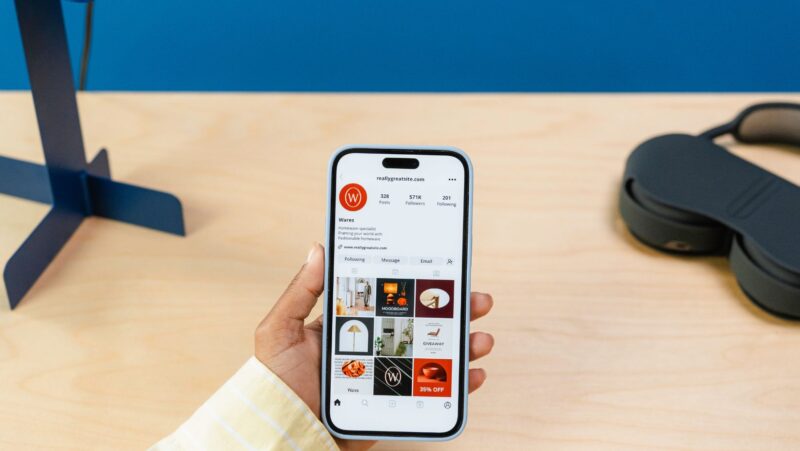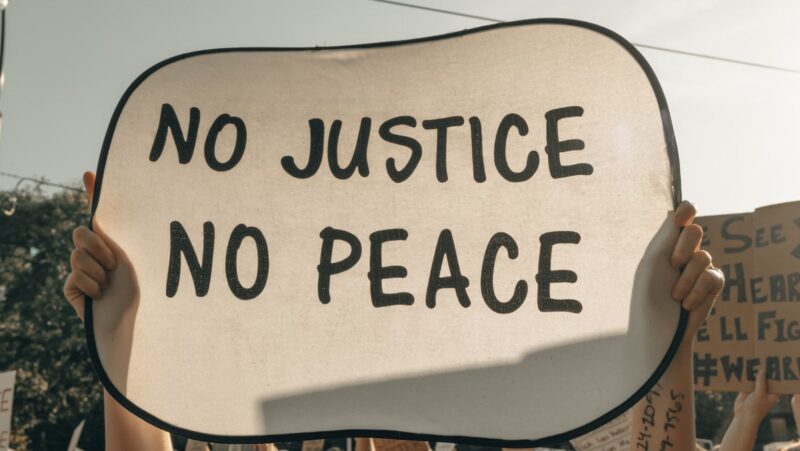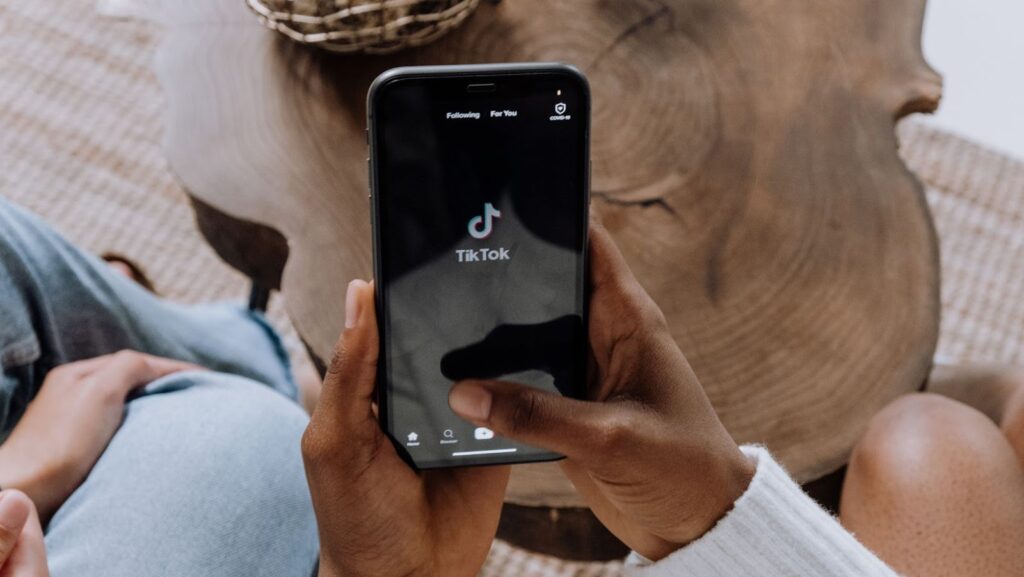
Everyone knows about TikTok’s mysterious algorithm that decides what goes viral, but did you know that TikTok recently confirmed that its employees can influence what content is pushed to the top? This news has caused a lot of controversy and debate, as many users question what this means for the fairness of the app.
In this article, we will explore the controversy surrounding TikTok and discuss the implications of their decision.
Overview of TikTok
TikTok is the latest global social media app sensation, still growing. With more than 800 million users, it has become one of the most popular apps among teenagers. However, while the platform offers many unique and creative social sharing experiences, there have been controversies around how TikTok deals with customers’ data and how content moderation works.
TikTok confirms that its employees can decide what goes viral, meaning some videos can be more popular than others that don’t follow certain guidelines or don’t appeal to a particular audience. This has led to questions about fairness when moderating content on the platform. And recently, those questions were put in the spotlight when several famous accounts had their posts removed for not following acceptable usage guidelines – such as promoting violence or hate speech – after they became too popular online.
Additional concerns have been raised about privacy issues since TikTok is owned by a Chinese company and accesses users’ information to gain insights into their behaviour better social ad targeting. In addition, the company has been accused of using its location-based features to track users and collect data without proper consent, even though they claim they adhere to strict security measures required by law globally. Despite these concerns, however, many people continue to use TikTok because it allows them to stay connected with their friends or even find new interests while entertained by different videos on the platform.
The Controversy
The popular video-sharing platform TikTok has been a hot topic over the past few months, as it has become increasingly difficult to guess which content will go viral. In addition, recent reports have suggested that the app may be manipulating what content goes viral, with many concluding that its employees are doing it.
This sparked debate across social media platforms about whether virtual influencers should be given the power to decide what is seen and promoted on TikTok. However, as more questions were raised, it was later confirmed by TikTok itself that employees are responsible for deciding which videos prosper.
The recent scandal catalyzed concerns surrounding the unequal distribution of resources between “regular users” and creators with corporate backing. People started questioning how far “manipulation” can go when left unchecked, believing that some content simply did not reflect their views and were artificially propped up without due process or merit.
The controversy channeled too much adverse attention for some advertisers, prompting them to pull their advertisements from the platform during this time. It was also highlighted that some verified influencers had an edge over user generated content as they were often given preferential treatment through deeper access to network connections. Some believed this further dampened creativity among grassroots users and dimmed their chances at ever achieving popularity online which only worsened unequal access issues surrounding privilege in digital environments.
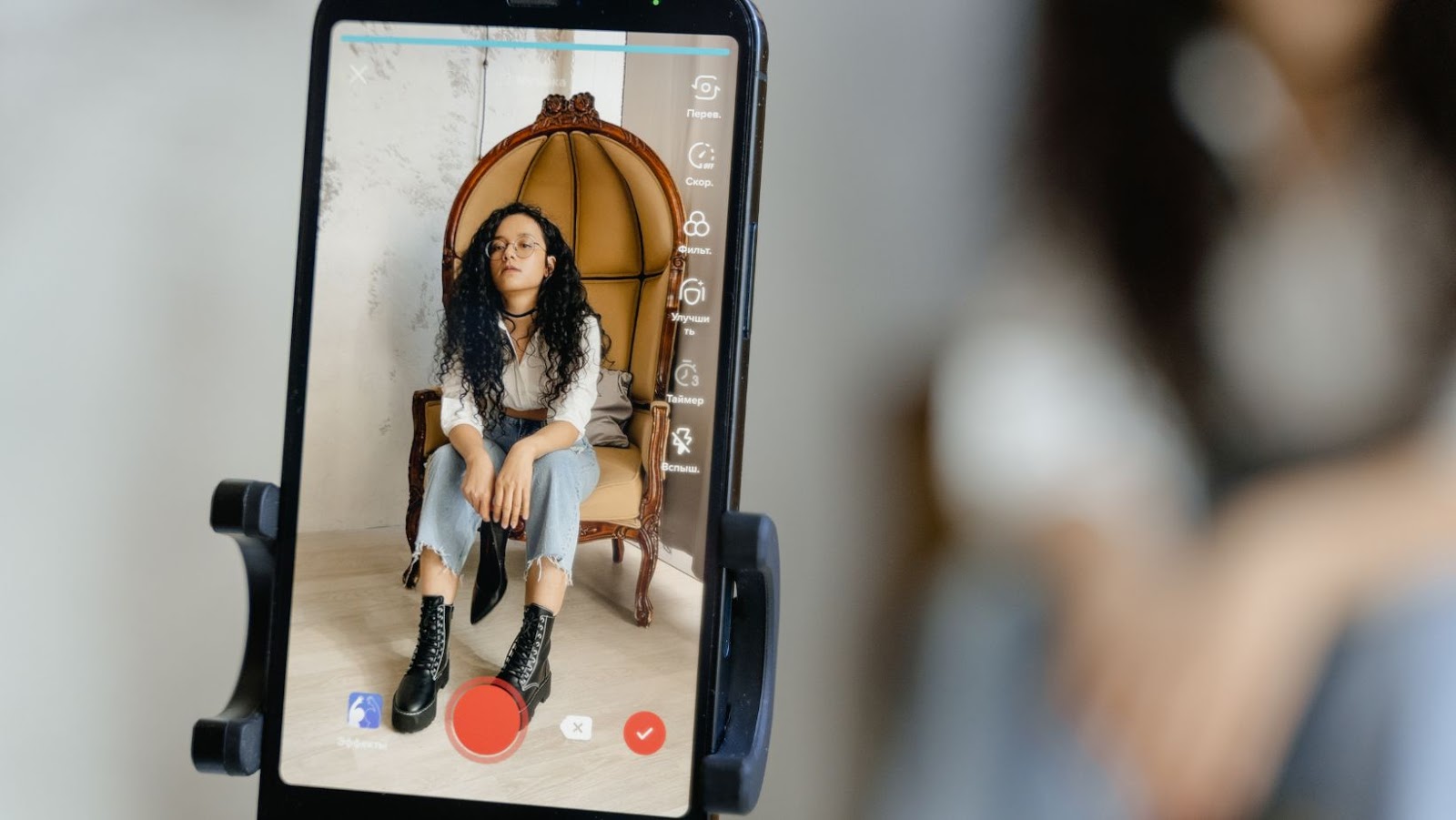
TikTok, the popular social media app, has come under fire for the transparency of how it works and how it decides what moves go viral on its platform. Recently, the app has been facing increased scrutiny due to its employees determining what goes viral. Health experts, social media influencers and users are concerned about this lack of transparency.
Let’s explore this controversy further to understand the implications and issues of TikTok’s business practices.
Algorithm-Based Content Promotion
TikTok is one of the leading short-form video streaming apps, but it has drawn considerable criticism for its algorithm-based content promotion system. The platform depends on algorithms to determine which videos are showcased, and some users have accused TikTok of using this technology to push certain types of content.
Most recently, TikTok has come under fire for giving preferential treatment to celebrities and influencers. This prompted a response from the company claiming that it restricts employees from boosting or demoting any videos, regardless of their origin or connection to the app. However, despite this reassurance, user skepticism remains as many have claimed that their views and followers suddenly stopped growing despite engaging activity on their posts.
In response to this controversy surrounding its promotion system, TikTok has implemented systems to give all users an equal chance of going viral. This includes a machine-learning algorithm that uses a variety of factors such as views per second and unique accounts opposed to likes/follows/shares trending simultaneously (a metric sometimes referred to as “reach”). This means that even unpopular posts can be discovered by users producing new and innovative video shorts.
Designed with user privacy in mind, the app promises not to intervene in organic trends while keeping the promotional power within its algorithmic reach. Therefore, low engagement or poor performing posts are never interfered with or manually manipulated by an individual employee’s feelings or biases towards certain topics – only a universal AI agreement based on collective data analysis is considered when determining whether something should go viral.
Recently, there has been a controversy surrounding TikTok and the criteria used to decide what content goes viral. In response, TikTok has confirmed that its employees can determine what videos become viral hits on the social platform. However, these employees are said to apply predetermined standards within TikTok policies, prioritizing content focused on community engagement and promoting positive relationships with other users.
The policy applies factors such as user experience, consistency within the given topic area, impactful content quality and user engagement with original ideas or posts. Moreover, certain content is excluded from consideration for endorsement due to its overly promotional nature or if it appears as a ‘’spam-like’’ video. This raises questions over potential conflicts of interest between individual employees’ potential personal agendas and company interests in making sure the app becomes successful.
With this system for rating user-generated material in place there is potential for favoritism towards certain users or videos over others. To help ensure unbiased voting of material and prevent preferential treatment from employee judgments a different approach is expected from Tiktok: automated processes which use an algorithm to create rankings and determine what content goes viral. These processes have proven successful in other social media platforms while maintaining fairness according to a report by Business Insider outlining the controlled voting systems employed by YouTube, Reddit, Quora and Twitter respectively.
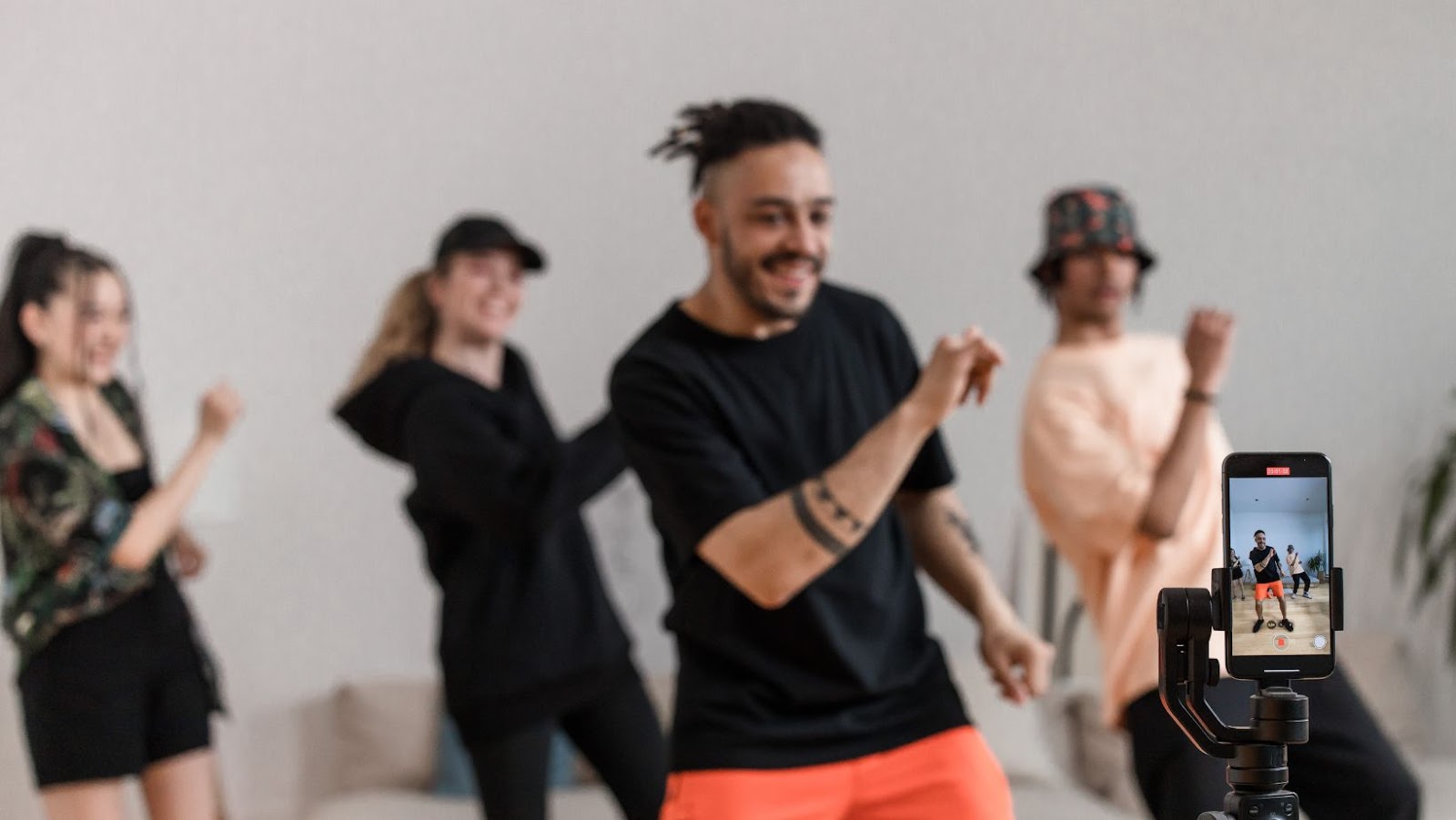
The confirmation of employees being privy to the process of what goes viral on the popular social media app TikTok has caused a stir in the online community. People have questioned the transparency and impartiality of the algorithm that decides what content should be showcased to users, as employees are overruling the algorithm.
In this article, we will examine the ramifications of this issue and how it affects the online community as a whole.
Bias in Content Promotion
Organizations’ use of social media to promote their content is increasingly growing. However, with the current controversy concerning TikTok’s alleged allowance of employees to decide what goes viral, many organizations are increasingly wary of potential bias in the selection process.
TikTok recently confirmed that its employees can directly manipulate and share content with others. This system has raised concern about how content could be manipulated for the benefit or detriment of different people and organizations, especially those without access to promotional resources. Additionally, there is a fear that content manipulation could lead to additional censorship and reinforcing existing societal biases. Such concerns have made organizations more conscious when using social media platforms such as TikTok for promotional activities.
One potential danger identified is when employees use their positions within the company to send certain messages or push certain topics they view as beneficial while censoring those they disagree with or see as detrimental. This issue has exposed an essential challenge facing social media companies today – effective ethical policies must be put into place to ensure evil manipulation does not happen at the hands of absolute power granted from an employee’s position in a company and instead voice will always remain uncensored if it should circulate on these platforms for promotion or expression in general.
Potential for Abuse of Power
The news that TikTok confirms that its employees can decide what goes viral has raised concerns about the potential for abuse of power.
A platform like this could easily be manipulated by people in a position of power, meaning some videos could be artificially inflated and given greater prominence than others. This could undermine the autonomy of individual creators, as those with influence might have an unfair advantage in having their content pushed out further than it would have otherwise been.
It’s also possible that those with vested interests or particular agendas might use their influence to push certain ideas or messages, thus having a powerful reach far over what would naturally take place through organic sharing and engagement on the platform.
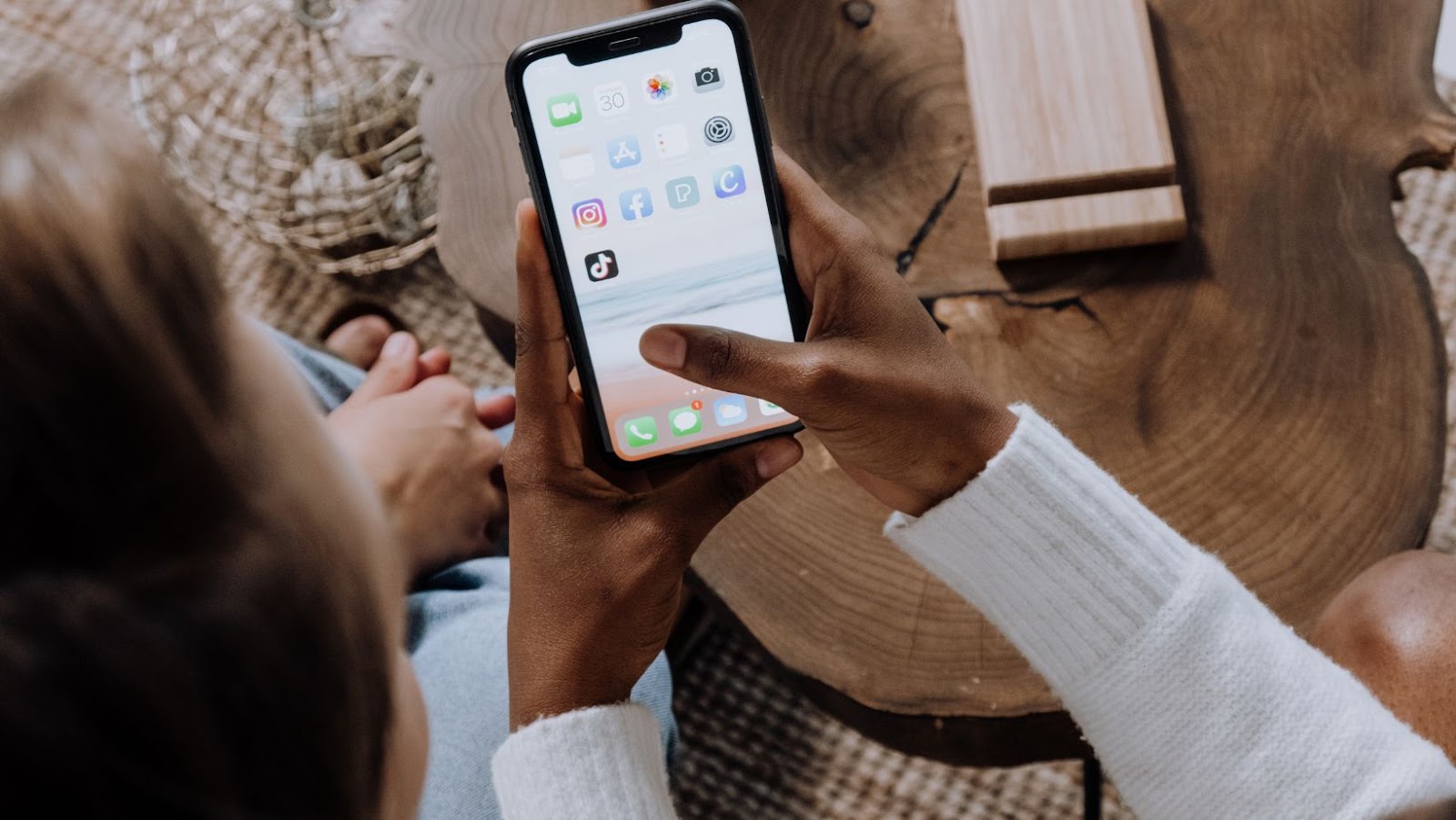
TikTok’s Response
The controversy surrounding TikTok has continued to simmer, with the latest issue being TikTok’s confirmation that its employees can decide which videos go viral. This news has sparked numerous debates about the ethics and legality of the events occurring on the platform.
In response, TikTok has released a statement addressing the issue and attempting to clear the air. In this article, we will discuss TikTok’s response to this controversy.
TikTok’s Statement on the Controversy
On July 30th, 2020, TikTok addressed the controversy surrounding the app’s content-moderator policies. The company confirmed that their employees can decide what goes viral on the app and use “a combination of algorithmsenhanced by a real people team who review and manually curate content under the community guidelines.”
In the statement, TikTok explained their decision to involve people in their moderation processes: “We value human judgment as part of our multi-layered approach to moderation – which has proven to be both efficient and effective at creating a safe platform. In addition, we believe it is important to involve people in our process to better understand cultural nuances that algorithms alone may not detect.”
Most importantly, TikTok declared its commitment to achieving transparency with users: “We are working hard towards greater transparency, both with our internal processes and with the public – including introducing new features such as account verification and launching initiatives like Transparency Reports. In addition, our commitment is to never stop improving to ensure we create a safe and trustworthy platform for creative expression.”
Reactions to TikTok’s Statement
The statement of TikTok confirming that its employees can decide what goes viral sparked a range of reactions from social media users. The majority, who were supporters of the app, felt relieved that the algorithm wasn’t at fault and were generally happy to see TikTok engaging with its users in this transparency exercise.
Another group showed surprise or disbelief at having employees decide content visibility and argued that it’s too hard for one person to accurately assess each video’s likelihood of success among millions. In addition, they worried about potential bias in decision-making leading to unfair promotion practices, especially when there are content creators from marginalized communities.
On the other hand, critics condemned TikTok for basically admitting that its trend feature is not necessarily based on meritocracy because it goes against the claims endorsed by the company previously. Furthermore, they believed their limitations on such visibility broke into free speech and movement rights and threatened everyone who might want to use important social media platforms as an engine for change.
Conclusion
After looking at the controversy surrounding TikTok and how it confirms that its employees can decide what goes viral, it is clear that the outrage and concern over the platform are justified.
While there are some benefits to using the platform, users must be aware of the privacy issues and that their content could be filtered out.
Ultimately, it is up to the user to decide if they want to use the app.
Summary of the Controversy
The controversy surrounding TikTok, a social media platform with over 1 billion active users worldwide and growing, has been steadily gaining ground in light of recent reports that allege TikTok employees can and have manipulated their algorithm to get certain videos more views, shares, and likes. This revelation has caused some people to question the legitimacy of user interactions and the responsibility the company has for ensuring its content moderation is fair and helpful.
At the center of the controversy is an article from The Intercept which suggested that TikTok was using its own artificial intelligence (AI) system to curate content with employees from its Beijing headquarters. This selection process gives certain posts an advantage in generating views and engagement, regardless of their quality or worth to other users.
In response to this report, TikTok CEO Kevin Mayer publicly confirmed that humans curate videos. He also noted, however, that this oversight is not done to manipulate trends or control “what goes viral” on the platform but rather “to understand what works best for our community”. Despite Mayer’s explanations some remain unconvinced as doubts linger over how much power employees at TikTok corporate offices have when deciding what gets featured on the app versus what doesn’t.
It seems clear then that while some level of curation may be necessary when running a social media site like TikTok it will require transparency from corporate if doubts are to be resolved about possible manipulations occurring behind closed doors without any accountability from those in charge.
The controversy surrounding TikTok has revealed that major social media platforms have immense power regarding the content they promote and how they frame user behavior. The revelations that TikTok’s employees can decide what goes viral send a clear message to users and other social media platforms: promoting content without informed transparency can lead to platform manipulation, inequality, and unfairness.
Social media companies can better protect user data and promote ethical practices by having a clearer set of rules and guidelines on how content is selected to feature or go viral. Additionally, having a team of independent observers who can review listing decisions can help ensure that any particular political agenda or bias does not drive decisions about what content is promoted. Finally, as people increasingly trust and use these platforms for communication, user privacy and fairness must be strongly protected.
Finally, it is important for these companies to develop more transparent algorithms and ensure greater accountability by conducting periodic checks into company activities related to promoting certain content over others. This commitment will give users more peace of mind when navigating through the wide range of social media sites available today and ultimately create an environment where users can trust their online experiences.





